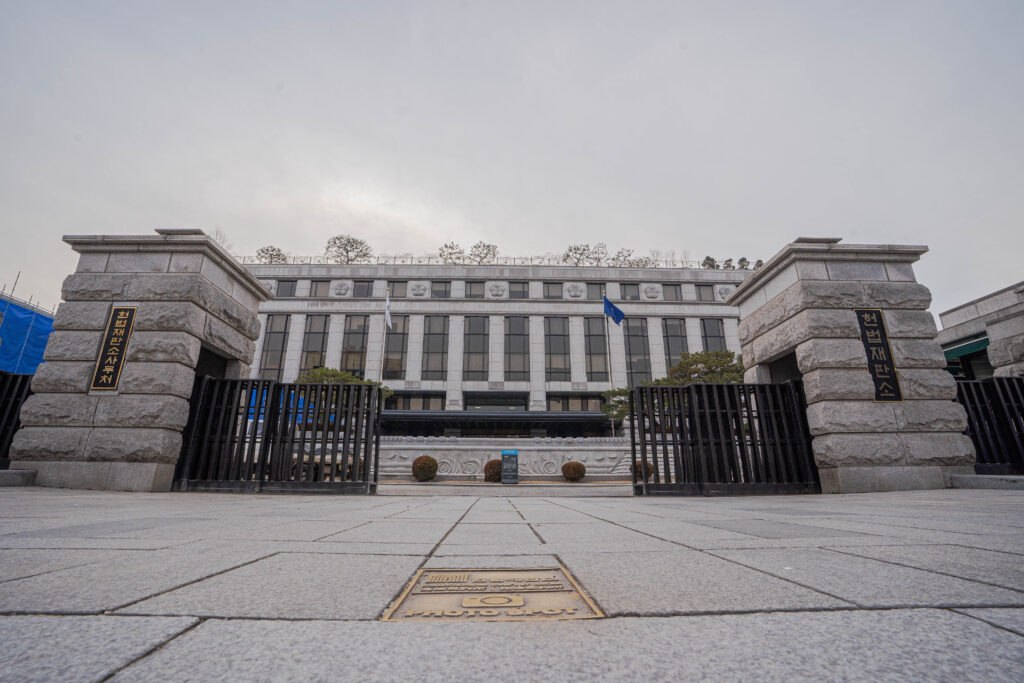The Peninsula
South Korea’s Constitutional Court Decision: How We Got Here and What Comes Next

South Korea has faced political paralysis since President Yoon Suk Yeol’s December 3, 2024, declaration of martial law, the rapid reversal of that decision by the National Assembly, and the ensuing crisis.
The Constitutional Court will decide on April 4, 2025, at 11:00 a.m. KST whether to uphold the Assembly’s decision to impeach President Yoon. This decision will open one of two pathways for what comes next. If the Court upholds the impeachment, the South Korean Constitution mandates that an election to choose Yoon’s successor be held within sixty days. In the event a new election is declared, the ruling and opposition parties will hold primaries to select presidential candidates who will run in an election to be held in early June, alongside a number of minority party candidates. Public attention will quickly shift to South Korea’s future, with these new elections serving as the main mechanism by which monthslong political paralysis may end and political stability may be restored.
If the Court rejects the impeachment, President Yoon and South Korea will face a dilemma: Yoon will have returned to the executive office via constitutional means, but his legitimacy as president will remain contested as a result of the actions that led to his impeachment in the first place. In this circumstance, Yoon’s ability to govern effectively will be influenced both by his ability to win over public support for his return to office and by his ability to provide leadership both to restore stability and momentum to the South Korean economy against mounting global threats and to restore South Korea’s political standing internationally.
Most global political leaders will take their cues from South Korean public reactions to the impeachment and the outstanding question of whether Yoon will be able to restore domestic legitimacy and public order. If Yoon is unable to do so, South Korea’s political crisis will metastasize into an economic one that materially weakens South Korea’s international standing and global role. For this reason, the Constitutional Court decision is a critical turning point that will define both the country’s political and economic prospects and its preparedness to meet a fraught moment of global political transition.
To better understand the events of the last several months, the Korea Economic Institute of America (KEIA) has a comprehensive timeline summary of hearings held at the Constitutional Court to weigh its decision on whether or not to uphold President Yoon’s impeachment. Staff have also covered the martial law declaration to Yoon’s impeachment, as well as the first acting presidency of Han Duck-soo until his impeachment.
Scott Snyder is President and CEO of the Korea Economic Institute of America. The views expressed here are the author’s alone.
Photo from Shutterstock.
KEI is registered under the FARA as an agent of the Korea Institute for International Economic Policy, a public corporation established by the government of the Republic of Korea. Additional information is available at the Department of Justice, Washington, D.C.
